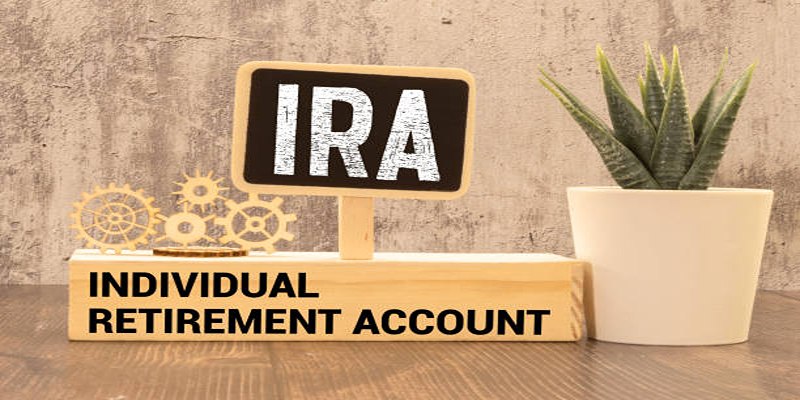When homeowners fall behind on their mortgage payments, their property enters a vulnerable state known as pre-foreclosure. This isn't the same as a foreclosure, where the lender takes full legal control of the home. Instead, a pre-foreclosed property sits in limbo—still owned by the homeowner but under threat of being taken by the bank.
It's a tense and often stressful time for the owner. For buyers, though, this phase can present an opportunity to purchase property below market value. Navigating this corner of real estate requires caution, timing, and a good understanding of how the process works.
What Happens During Pre-Foreclosure?
Pre-foreclosure begins when the homeowner misses several consecutive mortgage payments, typically three or more. Once this happens, the lender issues a Notice of Default or a similar warning. This is a formal notification that the loan is delinquent, and legal action is possible if the situation isn't resolved.
At this point, the homeowner still owns the property and can try to avoid foreclosure in several ways. They may attempt to catch up on missed payments, negotiate a loan modification with the bank, or sell the property. Often, homeowners choose to sell through a traditional listing or a short sale to avoid the long-term consequences of foreclosure on their credit report.
The lender doesn't yet possess the home, but they're watching closely. This makes the property different from one that has already been foreclosed and taken back by the bank, often known as a real estate-owned (REO) property. With a pre-foreclosed property, the owner is usually motivated to sell quickly, sometimes below market value, to prevent the foreclosure process from going further.
Buyer Considerations and Risks
For buyers, especially investors or first-time buyers looking for a deal, pre-foreclosed homes might seem like a smart option. These homes are often priced lower than similar properties in the area. However, it's not always a smooth transaction.

One common route is approaching the homeowner directly and expressing interest in purchasing the home before it goes to auction. This often requires tact and empathy since many of these sellers are under financial stress and emotional strain. Some might not be ready to discuss selling, while others may be eager but unsure how to proceed.
Another option is to wait for a short sale listing, in which the homeowner works with the lender to sell the home for less than what's owed on the mortgage. Short sales can take longer to close than a standard sale and require lender approval. That approval isn't guaranteed; the process can fall through even later in the timeline.
Then there's the issue of the property's condition. Buyers must plan for repairs since the owner may have stopped maintaining the home due to financial difficulties. A full inspection is strongly recommended. Some pre-foreclosed properties are sold as-is, and the buyer assumes responsibility for any needed fixes.
There may also be legal complications. Those obligations don't always disappear after the sale if the property has liens—such as unpaid taxes or HOA fees. That's why working with a real estate agent or attorney experienced in pre-foreclosure purchases can make a difference.
Benefits for Buyers and Sellers
While the risks are real, pre-foreclosed properties can offer advantages for both sides. For buyers, the main draw is price. Since sellers often race the clock to avoid foreclosure, they're more likely to accept a lower offer. This creates the potential for buyers to gain equity from day one, especially if the local housing market is rising.
There’s also less competition compared to buying a foreclosed home at auction. Public auctions can be crowded and fast-moving, requiring full cash payment and limited inspection access. Pre-foreclosures give buyers more time to assess the property and arrange financing.
For sellers, this stage offers a final opportunity to avoid foreclosure. By selling during pre-foreclosure, homeowners can pay off the mortgage (or part of it, in the case of a short sale) and reduce damage to their credit. It’s a way to exit a difficult situation without the full financial fallout that a completed foreclosure can bring.
In some cases, sellers can negotiate terms with the lender to walk away with some funds or assistance through a relocation program. These arrangements vary but can provide some cushion in an otherwise harsh process.
How to Find Pre-Foreclosed Properties?
Pre-foreclosed properties aren't always easy to spot. They might not be listed publicly, especially if the homeowner hasn't decided to sell. Some listings are marked as "pre-foreclosure" on real estate websites, but many aren't labeled clearly.

One way to find these homes is through county court records. Notices of Default and Lis Pendens (public notice of pending legal action) are filed with local government offices. These documents indicate that the foreclosure process has started but has not yet been completed. Some investors use specialized services that compile this data into searchable databases.
Another option is networking. Local real estate agents, attorneys, and property wholesalers often know which distressed homes might be available soon. These professionals can help guide buyers toward serious opportunities while steering them away from dead ends.
Buyers should always proceed carefully and treat each property individually. While one pre-foreclosed home might be a great opportunity, another could be a costly trap. Proper research and enlisting professional help are key to navigating these transactions with confidence.
Conclusion
A pre-foreclosed property sits at a crossroads. The homeowner is still in control but facing growing pressure. For the right buyer, it can be a chance to purchase real estate below market value—often with fewer barriers than buying a bank-owned home. But the process is layered. It involves more than spotting a low price; it requires awareness, timing, and due diligence. For sellers, it’s a last window to avoid foreclosure and protect their credit. A pre-foreclosure sale can work in everyone's favor when handled with care. However, the balance is delicate, and each case comes with its mix of risk and reward.












